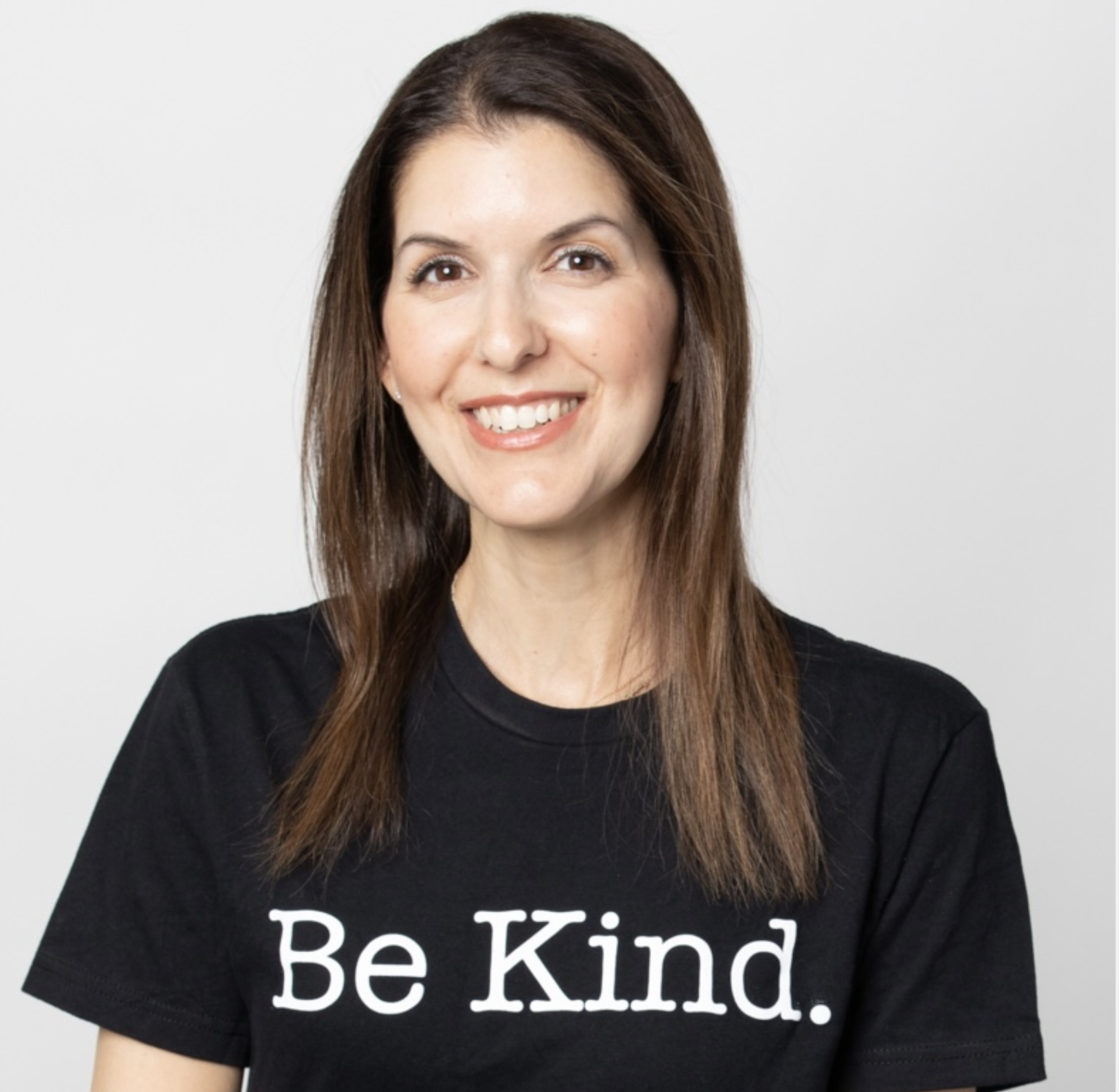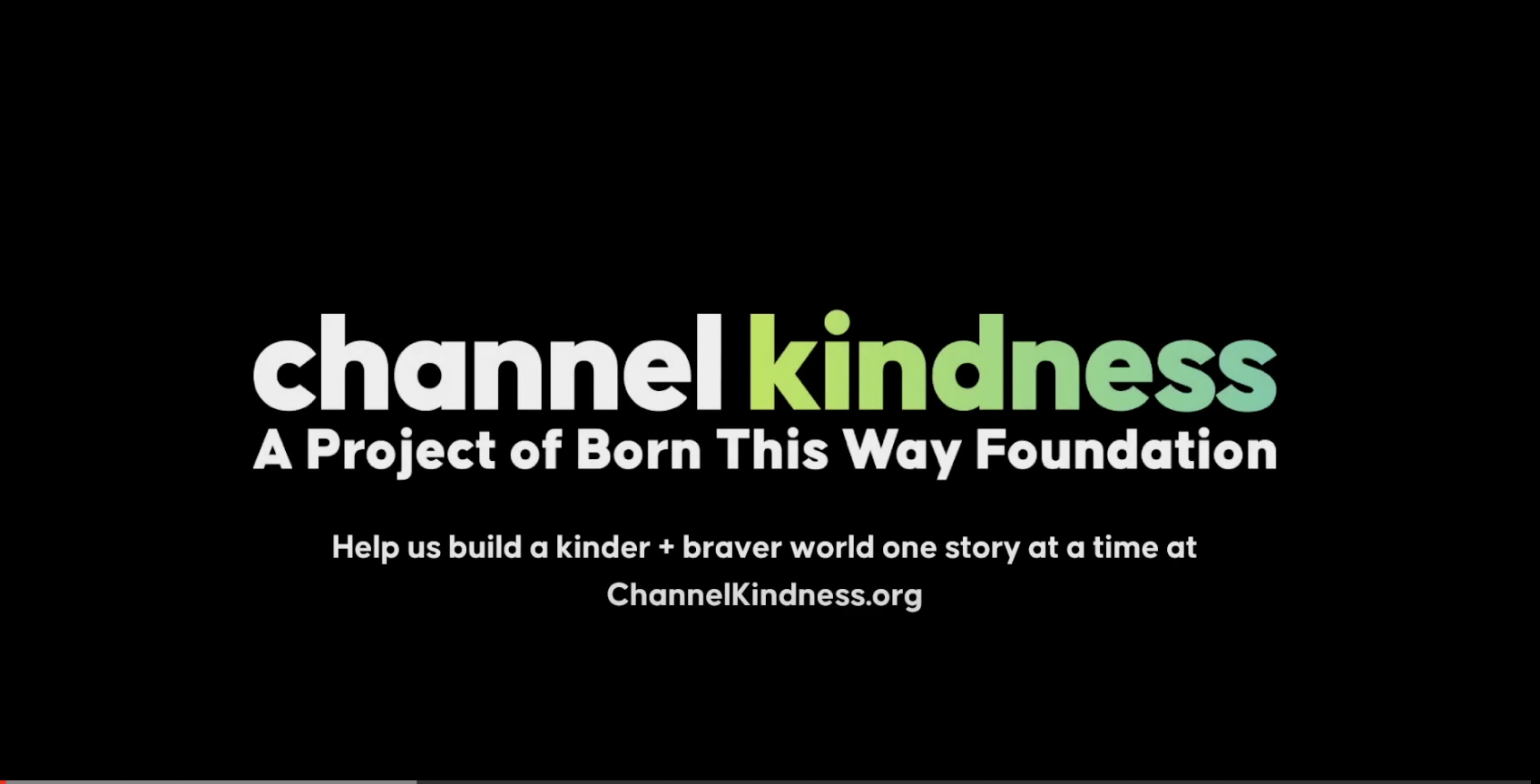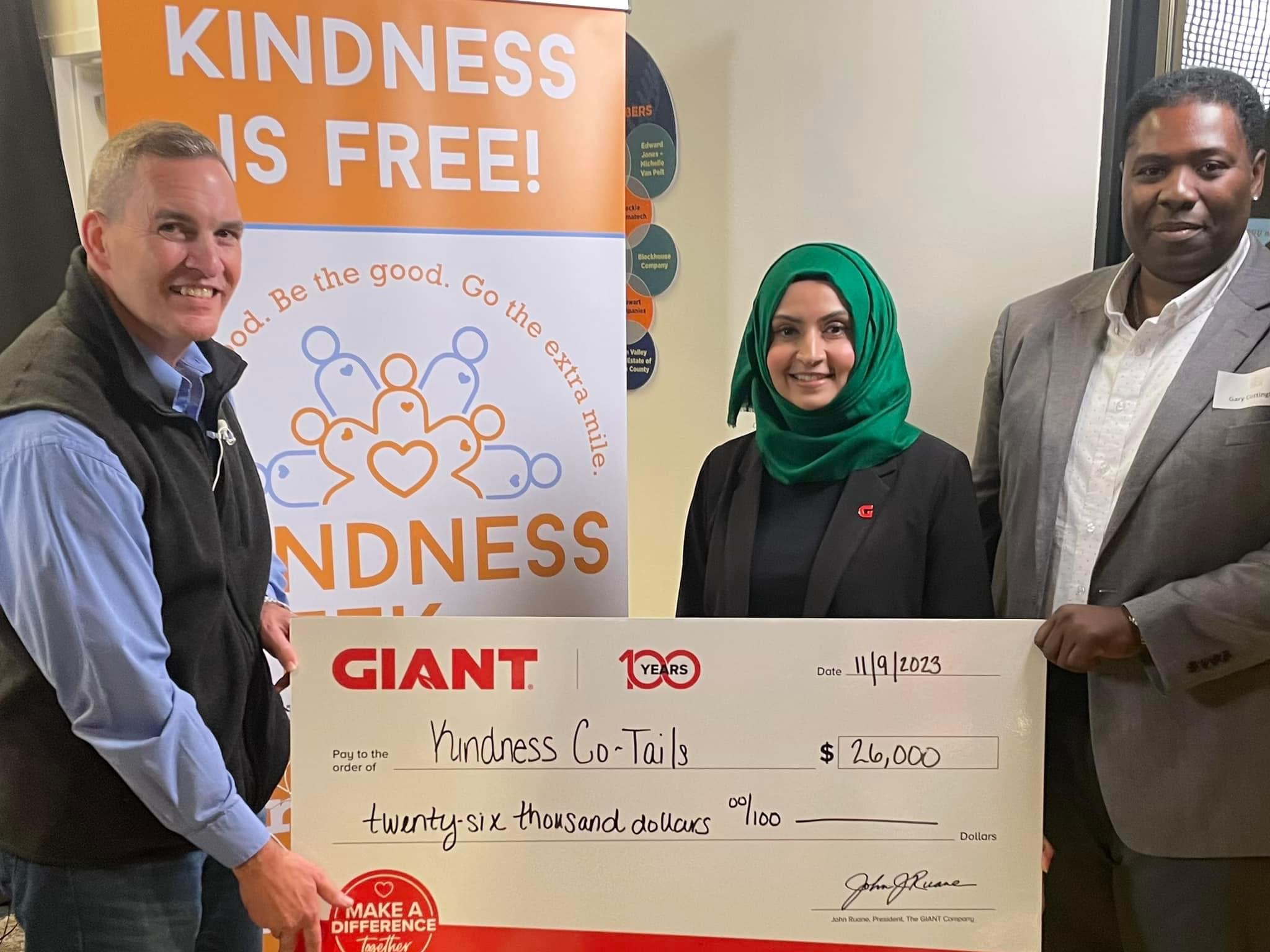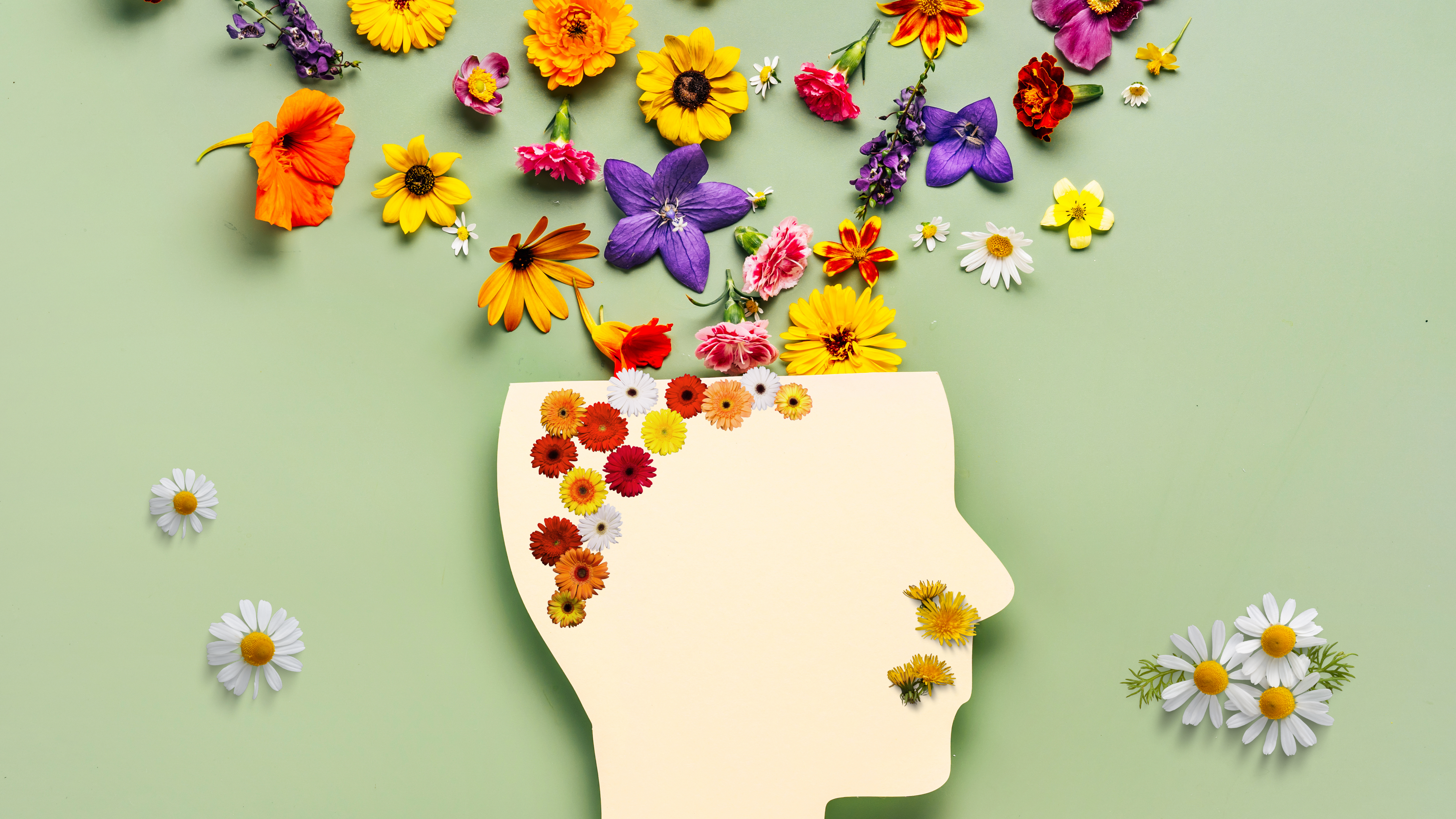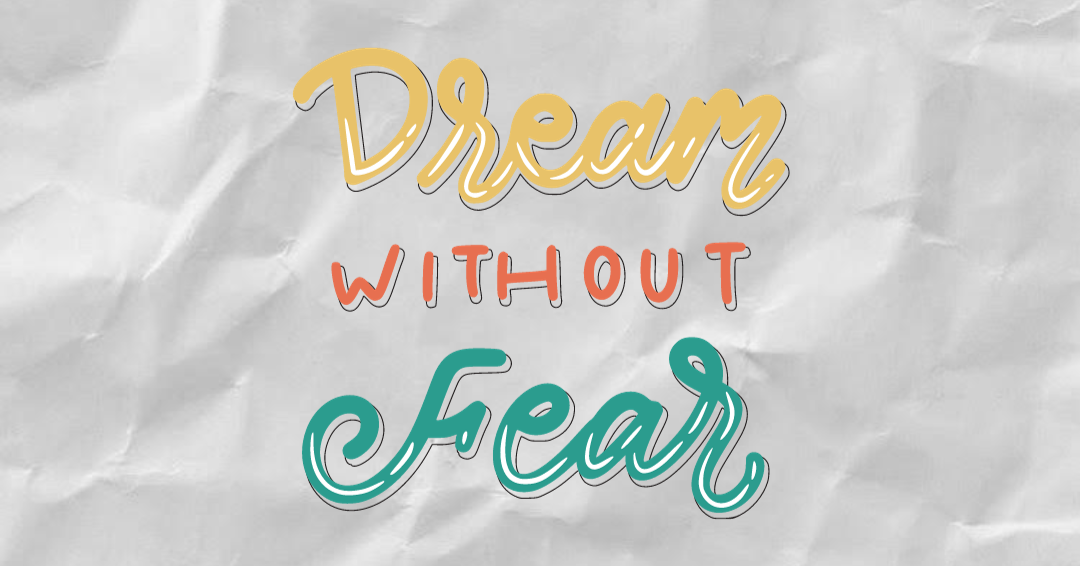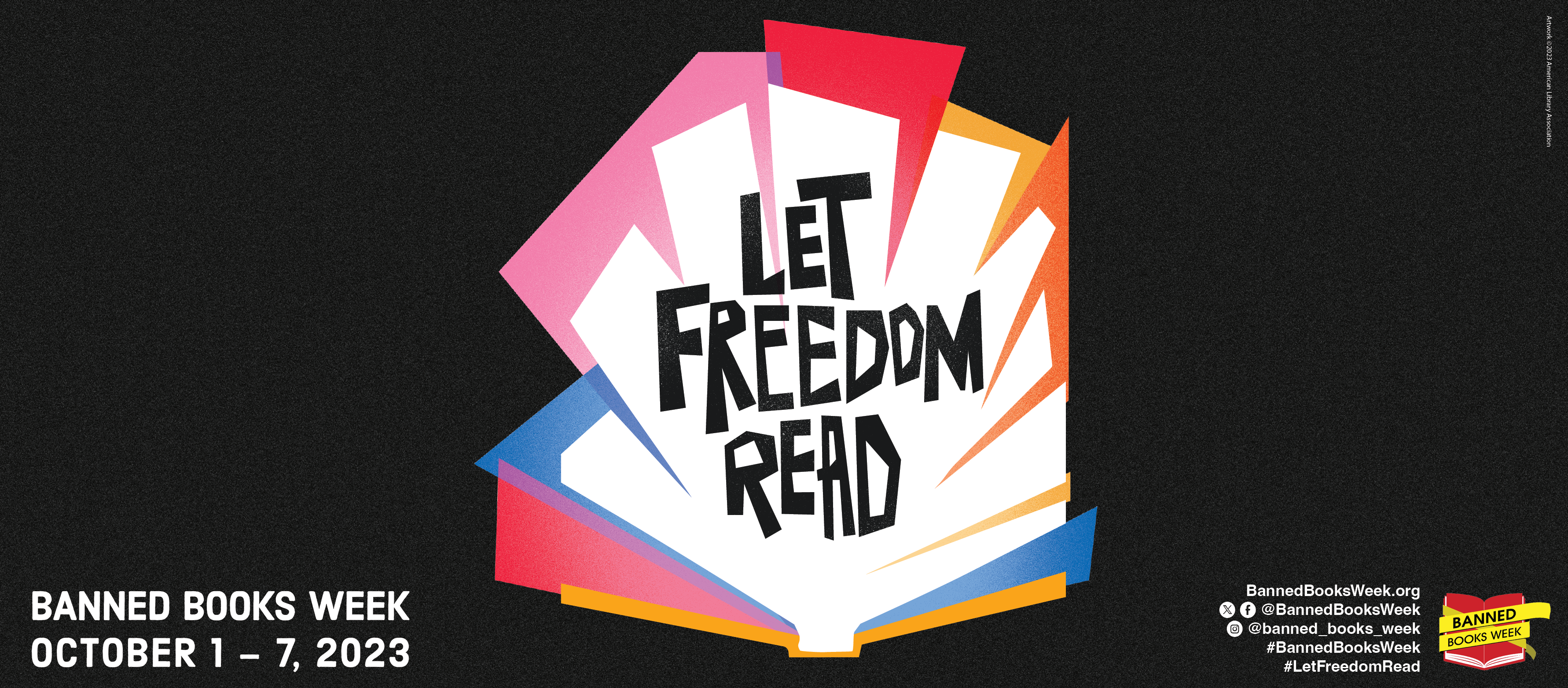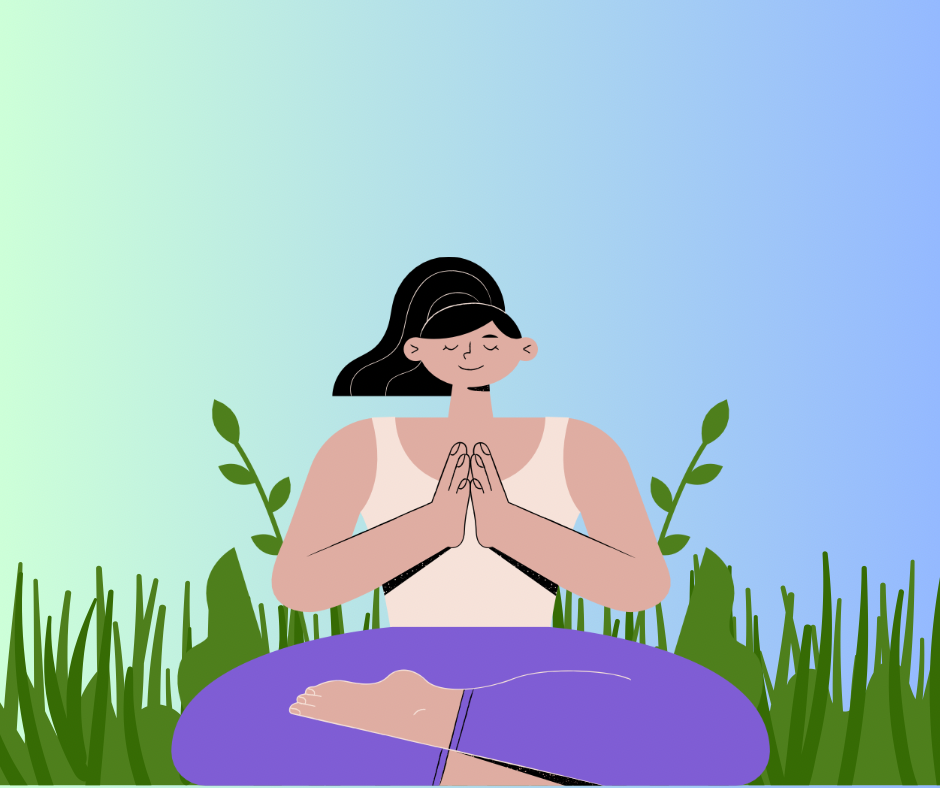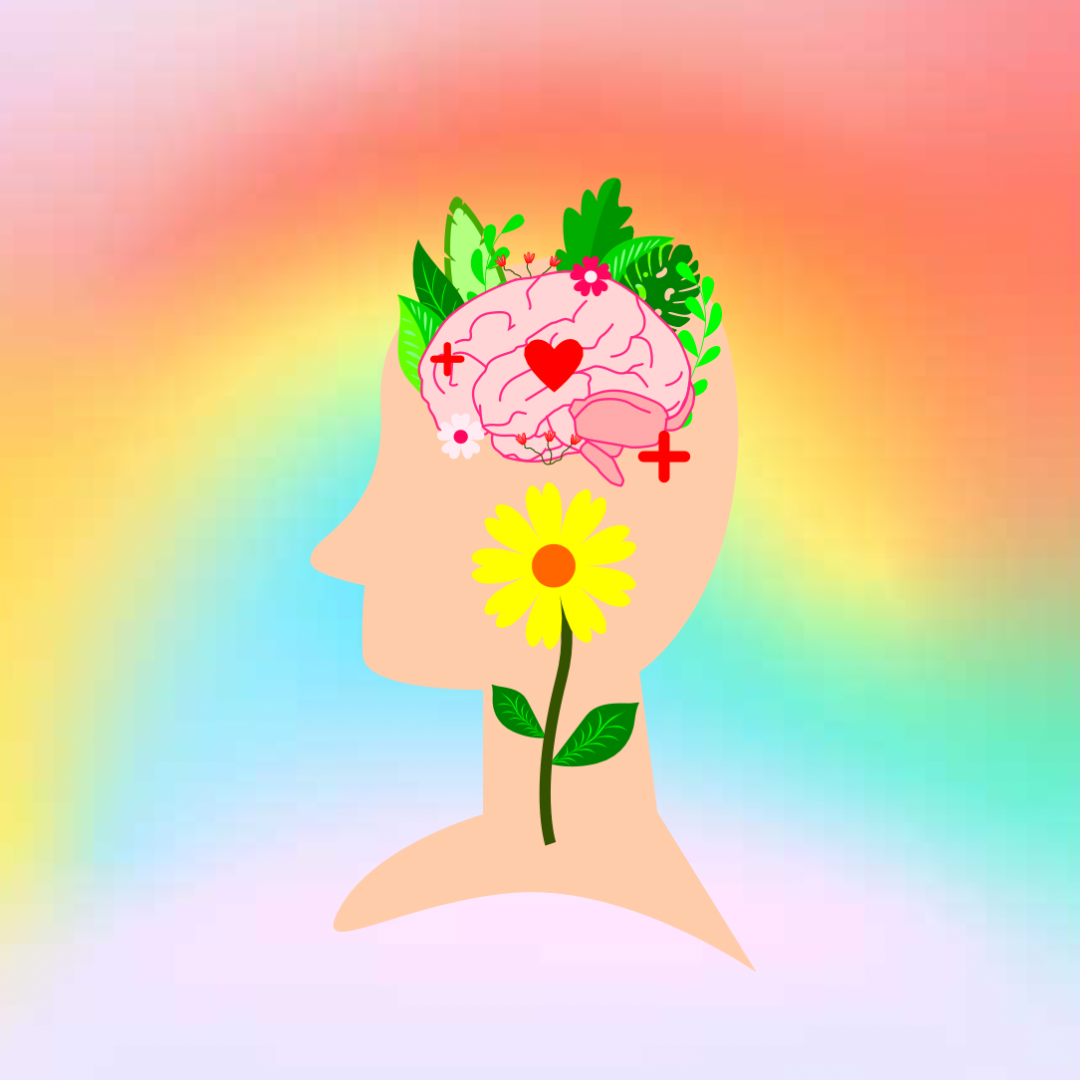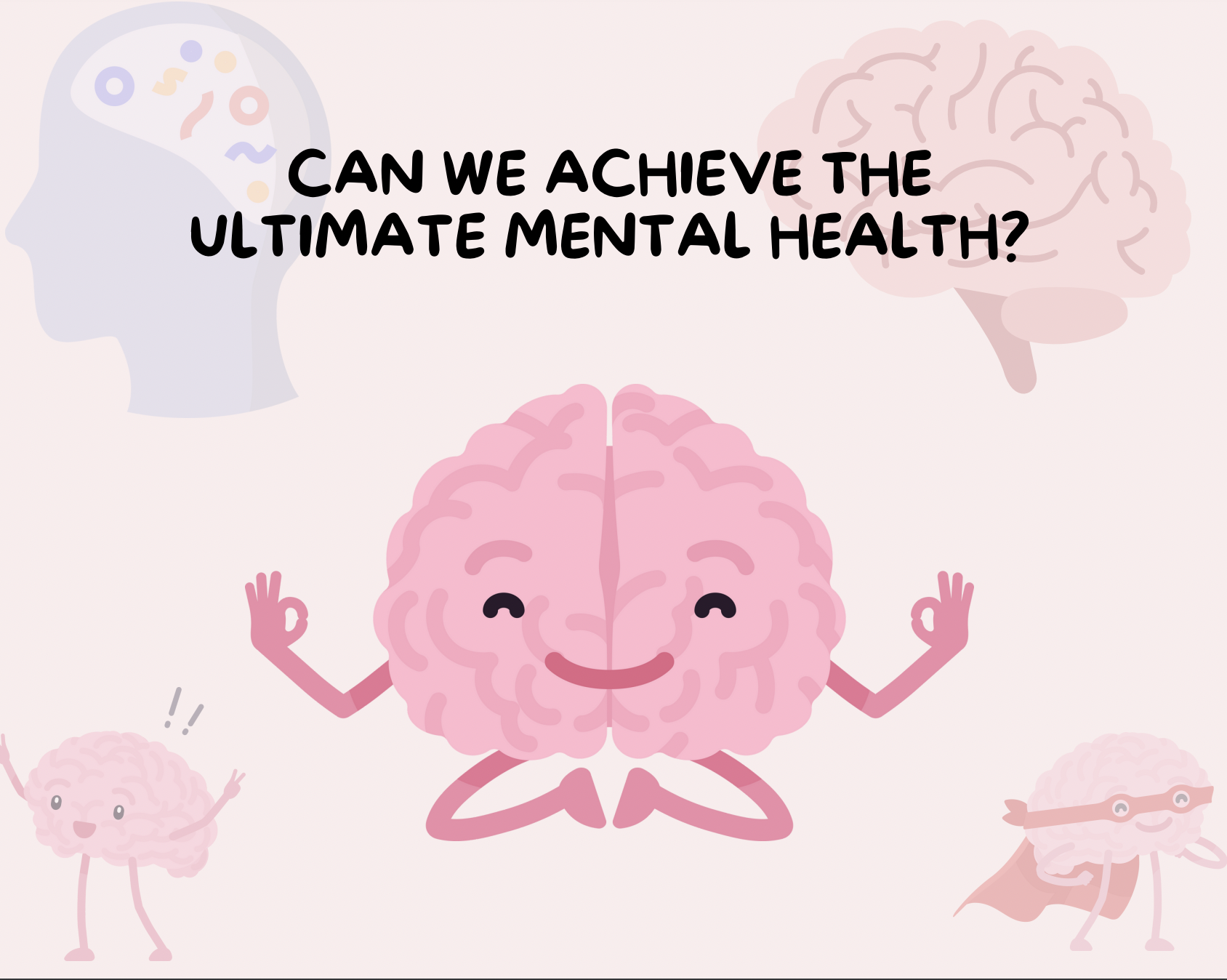I’m honored today to share our latest report with you, Youth Mental Health in Las Vegas: Understanding Resource Availability and Preferences. This survey is a two-year comparison to the data we gathered from and about young people in 2019 regarding how they view their mental health and their access to mental health resources.
A few highlights from our findings, include:
- We need affordable mental health resources. Young people in the Las Vegas area report cost as the greatest barrier to finding support.
- Young people want to show up for themselves and others. 80% of respondents are comfortable taking classes that teach skills to support mental wellness.
- Young people need accessible mental health resources. Las Vegas area youth share their mental health is a priority (85%) but almost one-in-three respondents say they rarely or never have access to resources to deal with issues including bullying, suicidal ideation, sexual harassment, or online harassment.
- Peer support skills matter. Respondents share they are feeling more “anxious” (60%) than in past years, and they turn to each other for support with 71% of survey takers saying they rely on peers and friends rather than mental health professionals.
- We need open, honest conversations about mental health. Nearly half of all respondents and 63% of LGBTQ+ respondents reported they rarely or never have conversations about mental health.
- The “second pandemic” of mental health. 46% of respondents knew someone who attempted or died by suicide, compared to 37% who knew someone who died of COVID-19. A majority of Black (62%) and LGBTQ+ youth (52%) knew more people in their community who attempted or died of suicide last year than of COVID-19 (39% and 43% respectively).
Click here to read the full report.
As an organization, these findings are hard to read but they also serve as an urgent call to action. We are proud to continue our work in Las Vegas, informed and led by the perspectives and needs of young people. As a parent of three boys (in middle and high school), the findings of this survey hit close to home. It is for these reasons and more that we included suggestions to put kindness into action in support of your own or a loved ones’ mental health throughout the report and an appendix at the end with organizations and resources in the Las Vegas area.
When you read this report, I hope you will put your kindness into action in support of your own and others’ mental wellness. Each and every one of us has a role in helping to improve the mental health of those around us and subsequently our collective mental wellness. Your kindness has the power to put a smile on someone’s face or save a life.
I look forward to your thoughts, and I am grateful for the kinder, braver world we are building together.




